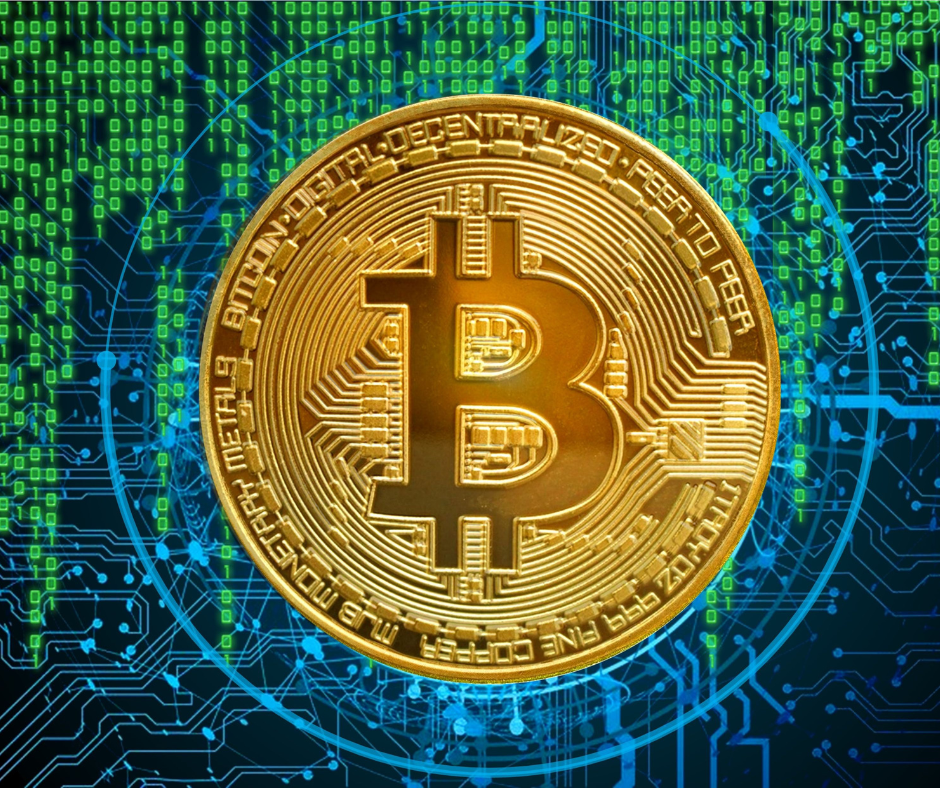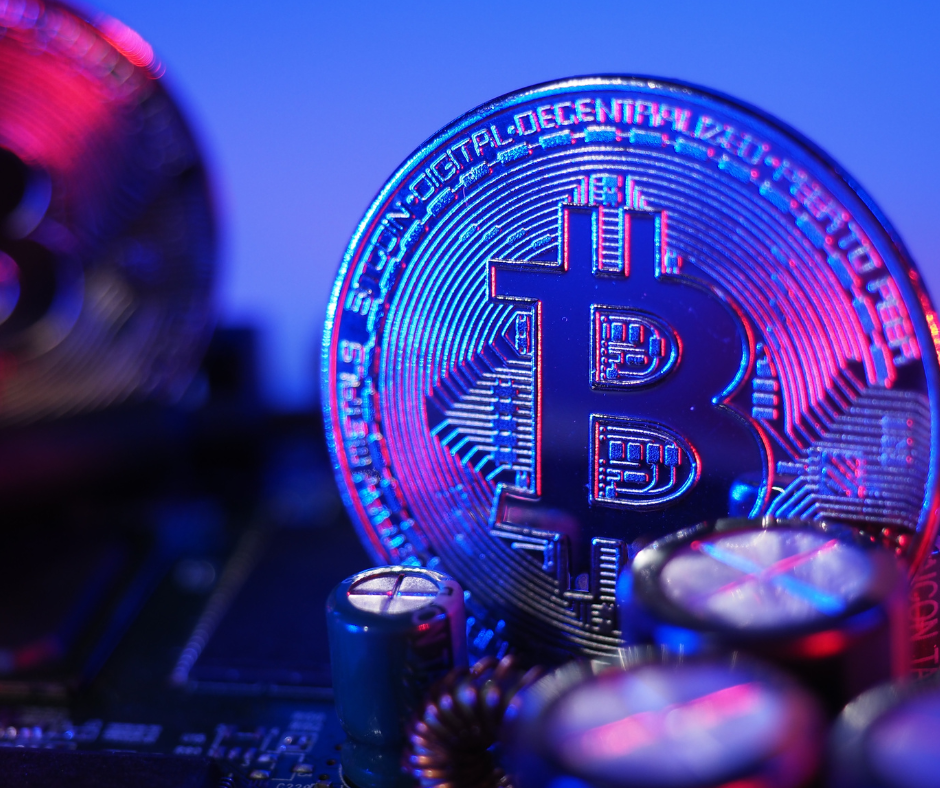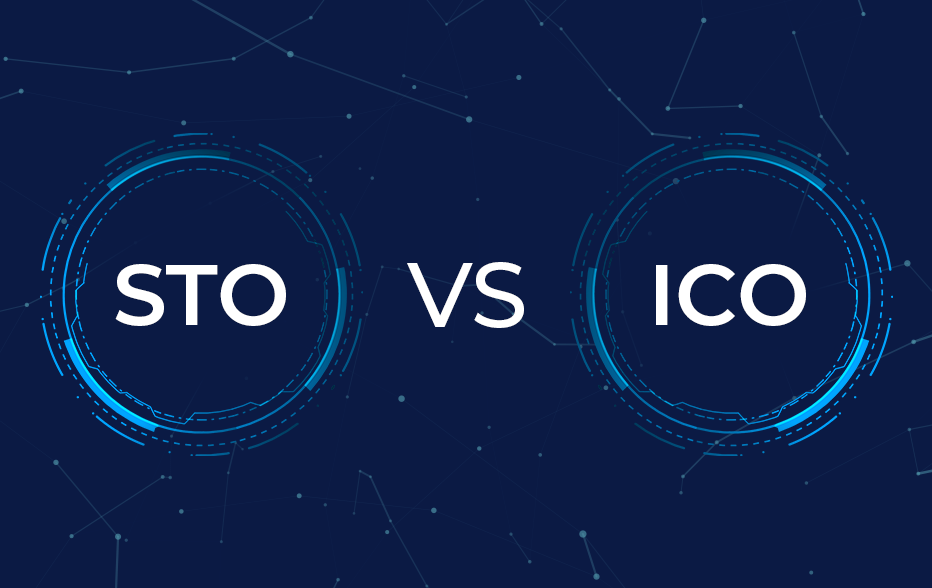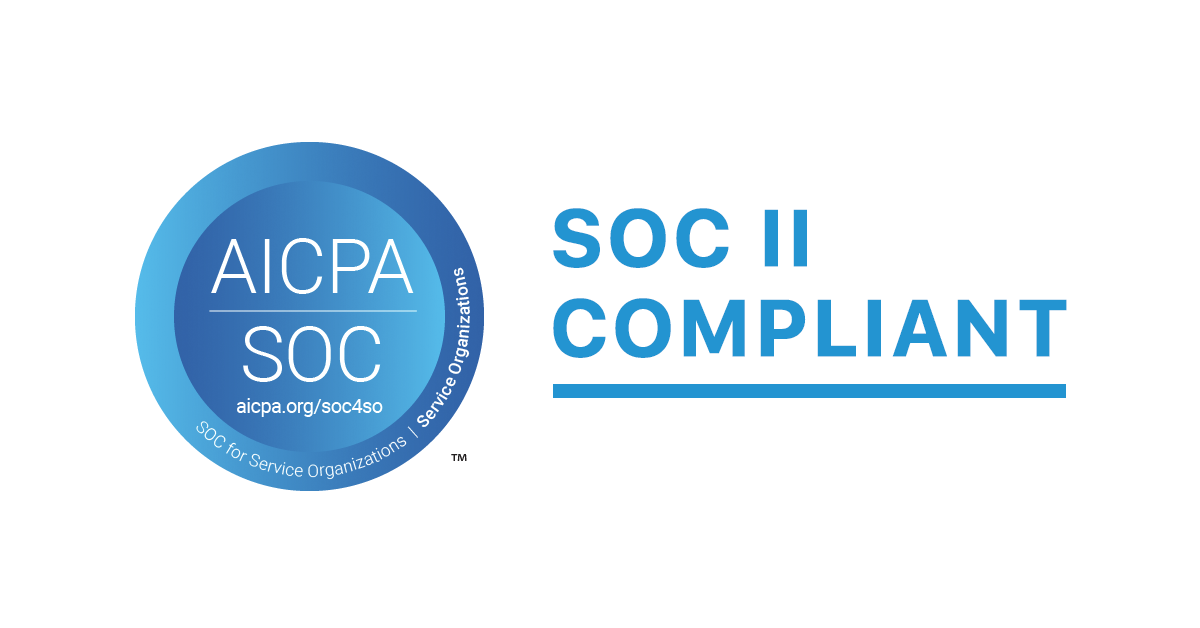Debunking Common Misconceptions About Bitcoin

Despite its early successes, Bitcoin continues to have a fair share of skeptics questioning its existence. Some famous skeptics like Warren Buffet have even resorted to name-calling, labeling Bitcoin as ‘rat poison’ and worse. Misconceptions surrounding Bitcoin can stem from ignorance, from holding an anti-Bitcoin agenda, or simply from someone doing their due diligence on this new asset class. By actually getting to know what Bitcoin is, many skeptics can come around to the idea of a decentralized, digital currency.
Below are five arguments about Bitcoin and rebuttals for each. These arguments are commonly used by skeptics to create Fear, Uncertainty, and Doubt (FUD.)
Myth #1: Bitcoin isn’t backed by anything
A common rebuke of Bitcoin is that it is seemingly not backed by anything, and is only as valuable as the supply and demand in the market dictate it to be. Many skeptics that use this argument are in fact unaware that fiat currencies aren’t backed by anything except faith in central banks. Yet, unlike fiat currency, Bitcoin is a scarce resource and has a fixed, predictable supply schedule that can’t be changed by a selective committee

Myth #2: Bitcoin isn’t backed by anything
Fiat currencies aren’t backed by anything except faith in central banks. Unlike fiat currency, Bitcoin is a scarce resource and has a fixed, predictable supply schedule backed by cryptography.
Myth #3: Bitcoin is bad for the environment
The vast majority of Bitcoin miners use renewable sources, such as hydroelectric and solar power. In fact, a study from the University of Cambridge found that 74.1% of Bitcoin mining is powered by renewable energy. Bitcoin miners can also use flaring. Also, do you think the ATMs, databases, apps and much of traditional banks run on oxygen? Nasdaq research shows that traditional banks use more than double the amount of energy used by Bitcoin. If I were a betting man, and I am, I would bet that banks don’t use as many renewables as Bitcoin.
Myth #4: CBDCs will make Bitcoin useless
Despite generating a fair amount of mainstream buzz, CBDCs, or Central Bank Digital Currencies, lack the key features that make Bitcoin indispensable, such as censorship resistance, supply scarcity, and a fixed, predictable issuance schedule. If you (mistakenly) think CBDCs can replace Bitcoin, just ask the people of Nigeria. Half the population of Nigeria uses Bitcoin and crypto
Myth #5: Two entities control most of Bitcoin’s mining
The claim that Bitcoin mining is dangerously centralized amongst a few mining pools completely misunderstands how mining pools work. Bitcoin mining pools are groups of miners who combine their computing resources to increase their chances of finding a block and earning rewards. While it is true that some mining pools have a large share of the total mining power, it is important to note that these pools are decentralized and individual miners are free to switch their hash power contribution to whichever pool they wish.
Myth #6: Governments will ban Bitcoin
Firstly, governments are more likely to regulate and tax something like Bitcoin than ban it outright. Just ask about marijuana. And even if they tried, Bitcoin is a decentralized network that operates independently of government control
Bitcoin: An Asset Class Growing in Stature
Bitcoin has come a tremendous way since its inception and its early days as the preferred currency of the dark web. Today, almost no serious commentator will say that Bitcoin is used for illicit purposes only. Nevertheless, Bitcoin skeptics remain resolute, and can often be found repeating the same arguments. As awareness and understanding of Bitcoin continue to grow, it’s standing as a legitimate asset class is expected to strengthen even further.
Looking to buy Bitcoin? Sign up for INX!
David Azaraf February 1, 2023
Crypto enthusiast, help businesses plug into the token economy





